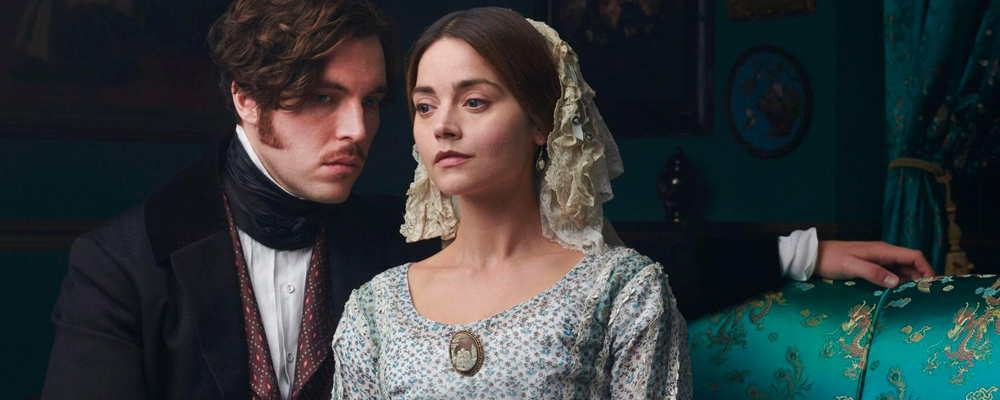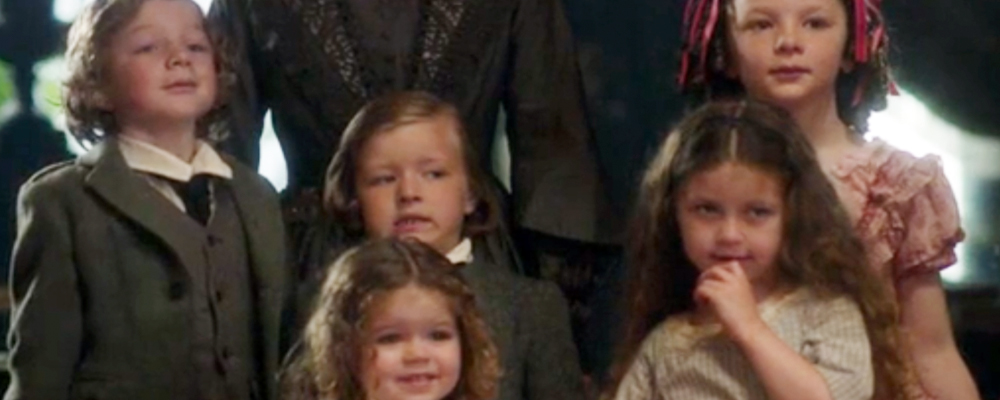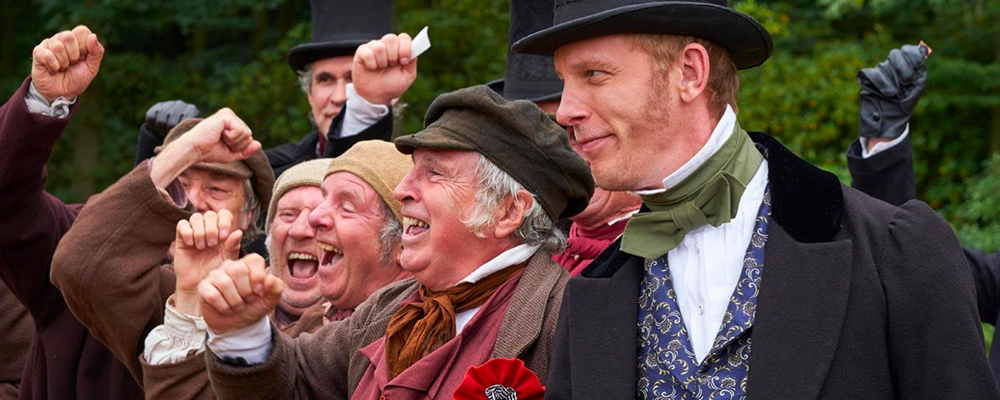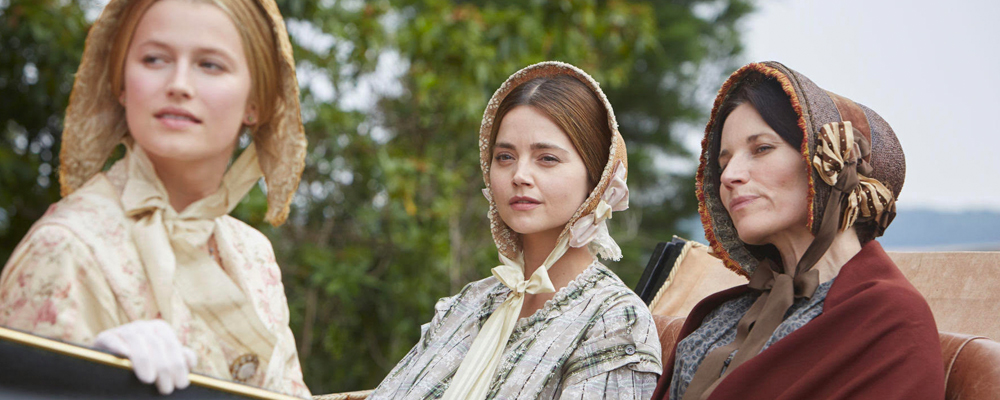Revolution Stalks the Land in ‘Victoria’ Season 3
Alci Rengifo
Season three of “Victoria” literally opens with a bang as revolution overthrows the monarchy just across the Channel. Royalty makes for stale drama without a little scandal and upheaval. A Masterpiece production well at home in PBS, this show has always had a whiff of melodrama to it. The main character is all too real. Indeed she defines the very term “Victorian Era.” But like many costumed affairs it ratchets up the passions beneath the history. This season the politics get a bit more radical.
It’s 1848 and revolution sweeps Europe, first in Paris where raging mobs have overthrown the monarchy and declared a new republic. In England a pregnant Queen Victoria (Jenna Coleman) hears of the news with some worry, but confident that her own people are devoted to the current system. Her husband Prince Albert (Tom Hughes) is more nervous, especially when he catches wind of the radical new ideas stirring among the plebs, in particular the writings of a certain Karl Marx. In parliament the vainglorious Lord Palmerston (Laurence Fox), an open populist, hurries to recognize the new French Republic, to the great irritation of Albert. It is a wake-up call for Victoria and Albert as there’s nothing like revolutionary upheaval to remind them that they live on another plant apart from their subjects. And the subjects are indeed growing restless as the Chartists begin demanding voting rights for the common citizen, threatening to carry out marches which could spiral into riots. Making the situation more complicated is the arrival to Buckingham Palace of Victoria’s half-sister and now exiled royal Princess Feodora (Kate Fleetwood), as well as deposed French king Louis Philippe. Palmerston, while not supporting the Chartists, does warn Victoria that by harboring someone perceived as a tyrant on the run, it could test the goodwill of her people.
“Victoria” is turning more and more into a melodramatic romp. If you know your history then you are aware that never will revolutionary winds threaten Victoria’s reign, so the fun here is watching the showrunners spin historical anecdotes into fodder for palace intrigue. Much of the material in the season premiere has a curious way of trying to make us feel for threatened monarchs as Albert finds it in his heart to tour London’s slums, seeming appalled by the conditions he encounters. He sits next to Victoria breathlessly reading Marx, as 1848 was the year the Communist Manifesto was first published. Meanwhile the Chartists, in part led by both firebrands and pacifists, have “Les Miserables”- style scenes delivering grand speeches demanding more freedom. It’s stirring material in a show that’s usually quite stuffy. These shows always need to play the uprising card at some point, by season three “The Tudors” had to pit Henry VIII against rebelling peasants with pitchforks. But this is history that actually took place, with some of the Chartist characters based on real people, so it is not a dry well to pull from. There is a grandiose melancholy to seeing a deposed French monarch arrive at the palace, falling in tears before Victoria.
But this is a show all about the intrigue taking place in the halls around the queen. Lord Palmerston is a devilish new addition. He’s pompous and arrogant, yet still seemingly loyal to the system itself. The most interesting new addition is Victoria’s half-sister Feodora, who suddenly appears from behind a door just as a conversation between Victoria and Albert focuses on her. She soon wears Victoria’s dresses and steals the attention of all. The buried storyline here is that Feodora “abandoned” Victoria to get married, back when our heroine was suffering from the childhood hassles of growing up a royal. Now that Feodora is back there are lingering resents which are slow to surface. What exactly is Feodora’s deeper role as Victoria gives birth (her water breaks just as a Chartist hurls a stone through a Buckingham window) is unclear, for now.
The other returning characters are playing catch up in the season premiere. Nell Hudson is back as Skerrett, the queen’s head dresser, as well as Ferdinand Kingsley as Francatelli, the royal chef and Skerrett’s fiancé. They kiss but remain chaste, yet they start feeling the pressures of a street boiling with social rage. Skerrett likes working for Victoria, it’s the ultimate kind of job security, so the thought of revolution troubles her. There’s something about political chaos that helps these costumed dramas get a needed electrical charge in the drama and dialogue.
“Victoria” now finds the queen giving birth, dealing with a shady relative and the revolutionary specter haunting Europe. The queen as a person keeps growing, even as history hurtles forward. If the show continues mixing drama and facts like this, then it is still worth tuning in for. One wonders who will appear next. Maybe Mr. Marx himself?
“Victoria” season three premieres Jan. 13 and airs Sundays at 9 p.m. ET on PBS.




